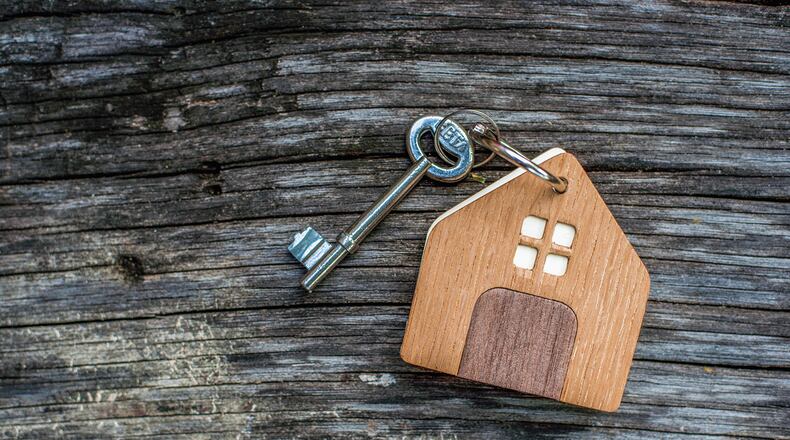A BBB in-depth investigative study found that fraud is widespread in the online rental home and vacation rental market, with 43% of online shoppers encountering a fake listing and more than 5 million consumers losing money to such scams. In 2019, the median loss of victims who reported rental scams was $996. Fortunately, it also found that 85% of consumers encountering fake rental listings don’t fall for them. However, these figures suggest the volume of rental scams lurking on the internet is staggering.
Scammers target individuals who are looking for a cheap price or are desperate for a deal. They also target new people in town, as well as unsuspecting vacationers who are unfamiliar with the area. These scams can pop up anywhere rentals are advertised.
Scammers will list rental properties with excellent amenities, beautiful photos and incredibly low prices. Then the scammer will portray a false sense of urgency, telling perspective renters the deal is now or never. The scammer will offer to show the property after a payment is made or claim to be out of town and unable to show the property. These fraudsters sometimes ask for personal information, such as your social security number. If you send a payment, the scammer will likely stop responding to your messages. By the time you realize the property doesn’t exist, the scammer has run off with your money.
BBB warns you to be on the lookout for offers that are too good to be true. It’s a good idea to do a quick search for the listing to verify the location is legitimate as well as to see if the same photo appears at different locations. If the listing appears to be somewhere else, that’s a sign of a scam. If possible, ask to check out the property in person to verify its listing. If there’s hesitancy to do so, it should be a red flag.
You should also be leery if the owner is out of town and you cannot see it in person before sending money. Typos, grammatical errors and improper wording or context during discussion or in the ad are signs it may be a shady deal. Likewise, if there’s a “for sale” sign in the yard or the rent advertised is well below market rates, you should think twice.
Beware if you’re asked to send money via Western Union, MoneyGram or a gift card. Also, be careful of landlords who only accept cash. It’s a good idea to talk to the neighbors, ask for references from prior tenants and check public records in the county courthouse concerning property ownership and foreclosure status. Most of all, don’t be in a hurry. Fear of losing a rental often drives people into the arms of a scammer.
If you're a victim of a rental scam, report it to BBB's Scam Tracker at www.bbb.org/scamtracker. To find out more about rental scams or to learn more information on a rental service, visit bbb.org or call 937-222-5825 or 800-776-5301.
About the Author
